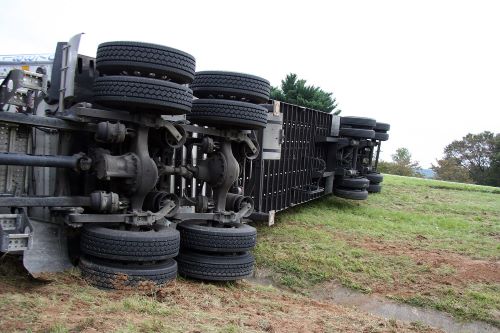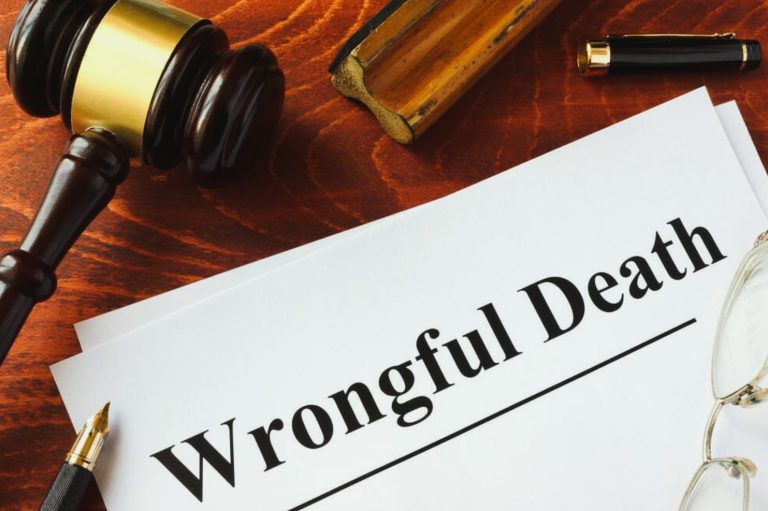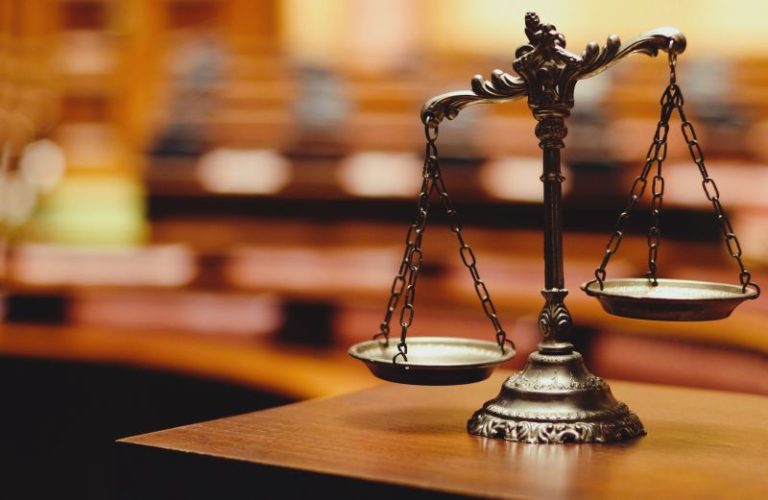

As a bustling central metropolitan area, San Francisco’s roads are often congested with traffic, leading to a higher likelihood of truck accidents than in other cities. If you are involved in a truck accident, it becomes crucial to understand how to safeguard your rights and seek justice for any damages or injuries incurred. This blog post will shed light on filing a claim after a truck accident in San Francisco and offer valuable insights on the best ways to protect your rights throughout the legal journey. Consulting a knowledgeable truck accident attorney (San Francisco) can be instrumental in navigating this complex process, ensuring your rights are upheld, and seeking the compensation you deserve.
Understanding Truck Accident Laws
To effectively recover compensation for damages resulting from a truck accident in San Francisco, it is crucial to understand the laws that govern such incidents. California imposes strict rules and regulations for commercial vehicles, including trucks weighing over 10,000 lbs. To be eligible for compensation after an accident involving such a vehicle, it is necessary to establish proof of the driver’s negligence or carelessness while operating their truck. Determining liability becomes vital when pursuing compensation from an insurance company or through litigation against the at-fault party. Consulting a knowledgeable San Francisco truck accident attorney can be invaluable in navigating these complex laws and ensuring your rights are protected throughout the process.
Gathering Evidence After an Accident
After determining liability in an accident involving a large trucking vehicle, the next crucial step is gathering evidence to establish damages and fault for the responsible party. This evidence may include photos of the crash scene and property damage, medical records detailing trucking accident injuries sustained by both parties, police reports from the responding law enforcement officials, statements from witnesses, any available video footage, and other pertinent documents to determine the negligence or fault of the involved drivers. Collecting this evidence before engaging with insurance companies or attorneys representing either side is essential, as mishandling it upfront could weaken your case later. Taking these precautionary measures ensures that your rights are protected and you have a strong foundation for seeking the compensation you deserve.
Consulting With Legal Professionals
When dealing with complex matters like personal injury cases arising from truck accidents, it is advisable to consult legal professionals to seek justice for losses caused by another’s negligence on the road. Attorneys specializing in such cases understand the applicable laws and the nuances of gathering evidence crucial for successful claims processing, making them invaluable resources during these confusing and emotionally charged times for those directly affected.
Moreover, they comprehend all elements necessary when assessing potential settlement amounts offered by insurance companies, considering various factors associated with documented damages and the current emotional states resulting from the suffering endured.
Filing A Claim Against The At-Fault Party
Once all relevant information, including assessments made by consulted legal professionals, has been gathered, filing a claim against the at-fault party becomes possible. This involves presenting all collected data supporting one’s position regarding fault and estimates outlining potential costs incurred. These costs encompass direct monetary losses from property damage and indirect costs associated with emotional suffering experienced in the aftermath. Submitted claims are then carefully reviewed, leading to complete acceptance, outright rejection, or further negotiation based on various factors, including the strength of positions taken during negotiations between the respective parties.
Taking Care Of Yourself After An Accident
In addition to assisting victims in recovering from the financial losses resulting from truck accidents involving large commercial vehicles, it is equally essential to focus efforts on emotional healing. These traumatic events often leave lasting impressions that are challenging to forget, even long after healing physical wounds. To achieve emotional recovery effectively, one must allow time away from daily routines to grieve over the occurrences leading up to the incident appropriately. Rushing back to normalcy prematurely can be overwhelming, especially amidst the chaotic aftermath where everyone seems eager to return to business as usual. It is crucial to acknowledge that healing emotionally takes time and should not be rushed, no matter how prepared one might think they are beforehand. Self-care should be a priority, regardless of the situation presented unexpectedly. Taking the necessary time for emotional healing allows for a more balanced and gradual return to normalcy, acknowledging that the process might take longer than expected. Ultimately, with time and self-care, victims can move forward together, finding strength and resilience in adversity.


